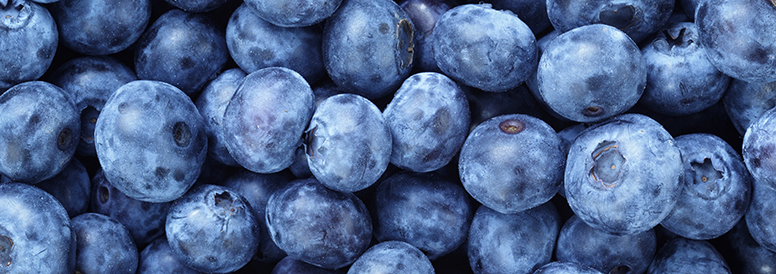Most people have heard of antioxidants – and many can even name one or two. But when it comes to understanding their function and benefits, things can get confusing. have so much to offer, let’s take a closer look at what antioxidants are, where they’re found – and the supplements that can help maximize their benefits.
What are antioxidants?
Antioxidants are compounds that naturally help balance free radicals in the body. Chemically speaking, free radicals are molecules that contain oxygen and an uneven number of electrons. Antioxidants are molecules able to give up one of their own electrons to a free radical while maintaining their own stability. (Think of free radicals as a person who’s quick to react, while antioxidants are someone who’s good at keeping the peace.)
Free radicals occur naturally, especially as we age, but what we eat and certain lifestyle habits can influence their impact on the body. Thankfully, a diet that includes a variety of fruits and vegetables can give your body the building blocks it needs to produce antioxidants. And, some essential nutrients – including vitamins A, C and E and the mineral selenium – are themselves antioxidants!
How can eating more of them benefit our health?
In the body, everything is connected and constantly in flux. By eating a varied, colorful diet, we can continually provide nutrients that can contribute to that delicate balance of free radicals and antioxidants that’s always happening behind the scenes.
Antioxidants can:
- Support in healthy individuals.*
- – especially as our bodies age.*
- – vitamins A, C, E, selenium, copper, iron and zinc play important roles in immune function.*
Most whole, unprocessed foods contain both antioxidants and antioxidant-like compounds . From spinach and shiitake mushrooms to blackberries and cinnamon, the plants in our diet deliver antioxidant support. Each bright hue is a hint of what’s inside, since are “color-coded.” (That’s why “eat the rainbow” is nutritionally sound advice.)

